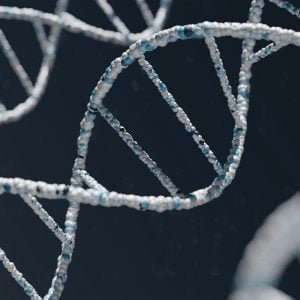Biological Patents: Background & Subject Matter

Introduction
Biological patents protect biological inventions. Biological patents have specific rules regarding patentability of biological subject matter. These rules are directed towards permitting patents on altered or manufactured compounds, while preventing patents on “products of nature”.
What are biological inventions?
Biological inventions are inventions relating to or comprising of biological material. Biological material, or biomaterial, is a material derived from or produced by living organisms such as plants, animals, bacteria, and fungi.
What was the first biological patent?
The first biological patent was filed by an inventor (Chakrabarty) on behalf of General Electric Co. The application claimed a bacteria that could break down components of crude oil. This application resulted in a US Supreme Court Case (Diamond v. Chakrabarty, 447 U.S. 303 (1980)), wherein the Supreme Court affirmed the right to claim manufactured organisms in a patent application.
What can be patented in biology?
Examples of patentable biological inventions are synthetic bacteria, organoids, hydromas, isolated proteins, polypeptides, organelles, cell lines, organoids, genetic vectors, genetic expression systems, and inventions relating to enzymology or microbiology.
Bio patents are most commonly granted to inventions relating to genetically modified strains of bacteria, plants, animals, specific DNA sequences, proteins synthesized with specific DNA sequences, and other biotechnology processes.
Can you patent a human protein?
According to the US Supreme Court in Association for Molecular Pathology v. Myriad Genetics, Inc., human genes and DNA are not patentable if they can be found within the human body. However, genes or DNA that are engineered or manipulated in a lab are patentable. This is because DNA found in humans is a “product of nature”, and engineered DNA is not.
What DNA cannot be patented?
As previously discussed, merely discovering an existing gene or DNA sequence, such as those existing in the human body, does not constitute a patentable subject matter. Products of nature themselves cannot be patented. However, genes or DNA that have been engineered are not products of nature, so they are patentable.
Can you patent a plasmid or peptide?
Plasmids and peptides, in their natural state, are products of nature and thus are not be patentable. However, certain compounds or compositions including certain peptides, plasmids, or polymerase may be patentable. This depends on whether the biomaterial is manipulated, or whether a new use is found for the existing compound.
Are there patents on plants?
Certain plants have been patented. There is an entire section of patent law devoted to the patentability of plants and the application process. For more information, please read 35 U.S.C. 161 and chapter 1600 of the Manual of Patent Examining Procedure (MPEP).

About
Attorney Collier started his own law firm straight out of law school and has been practicing law in Ohio for 5+ years. During that time, Joe focused on business law and litigation, gaining some exposure to intellectual property law. While running his firm in 2021, Joe decided to go back to school and get his patent license. Since then, Attorney Collier has been focusing on protecting innovators and entrepreneurs through his expertise in intellectual property and business law.
